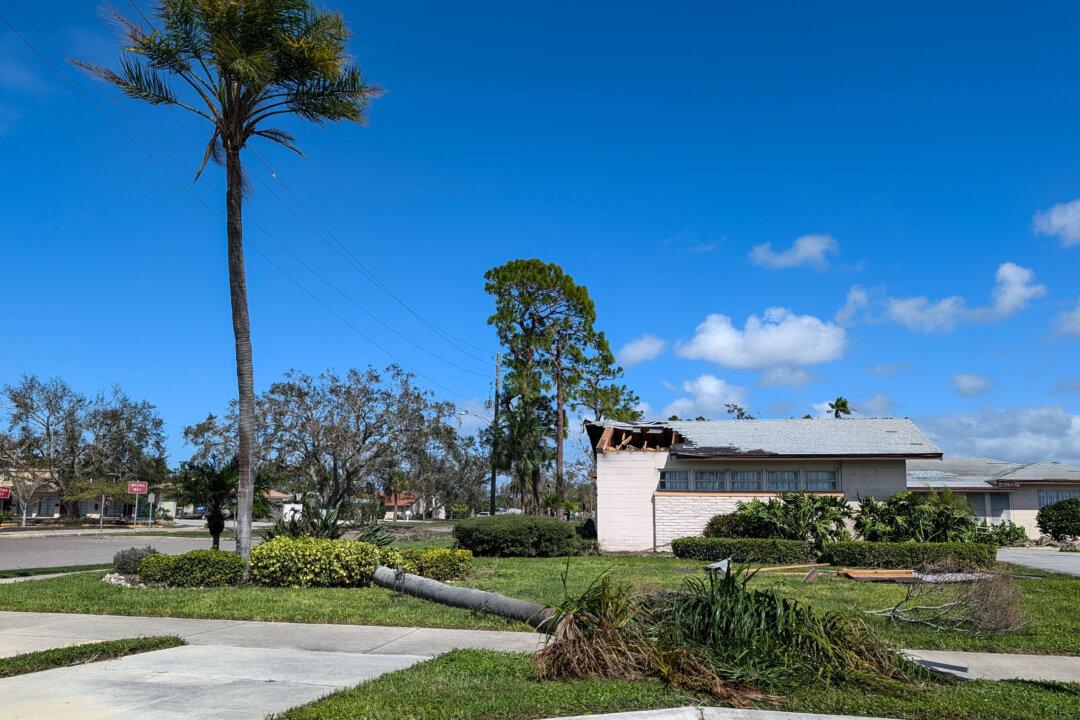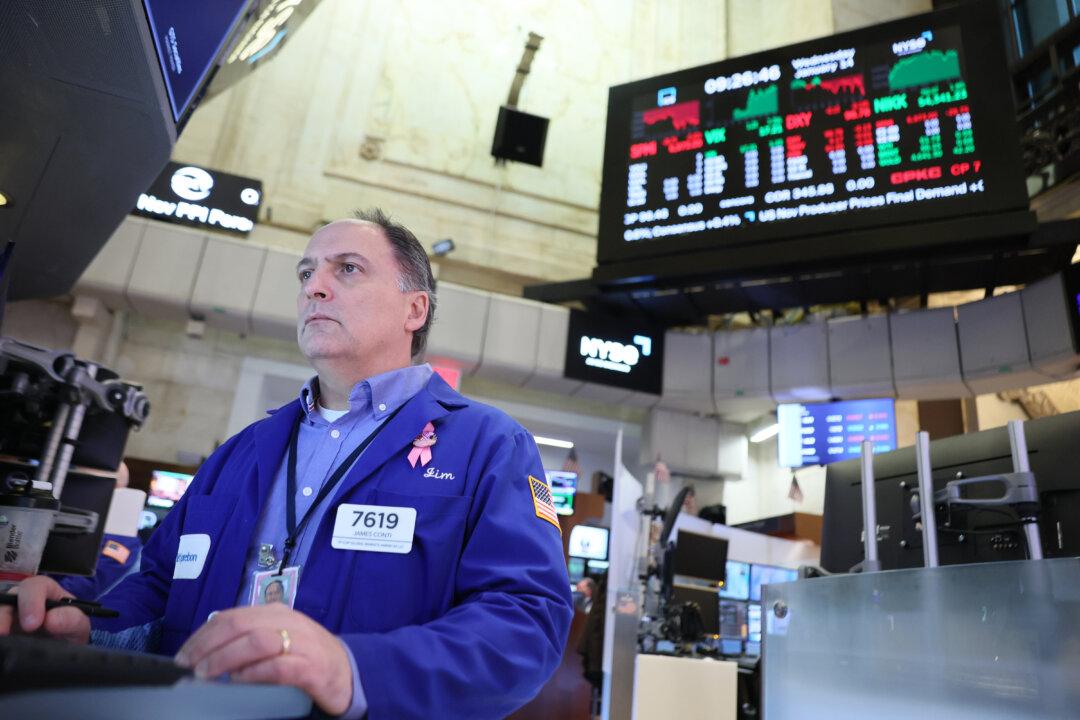Commentary
Just four weeks ago, the 10-year Treasury bond dipped to a 3.62% yield on September 17th. The stock market is now digesting a 50-basis-point rise to 4.12% on the 10-year Treasury bond yield last week, making holders of many interest rate-sensitive stocks nervous. This dramatic increase in Treasury bond yields could adversely impact insurance companies, utilities, and other interest rate-sensitive stocks.





